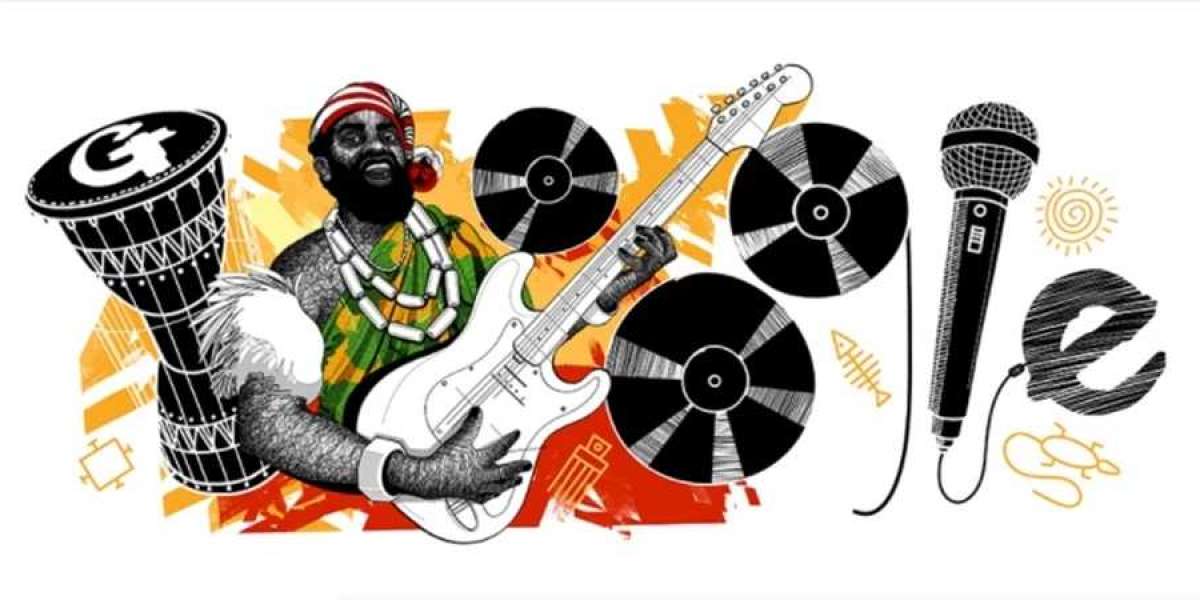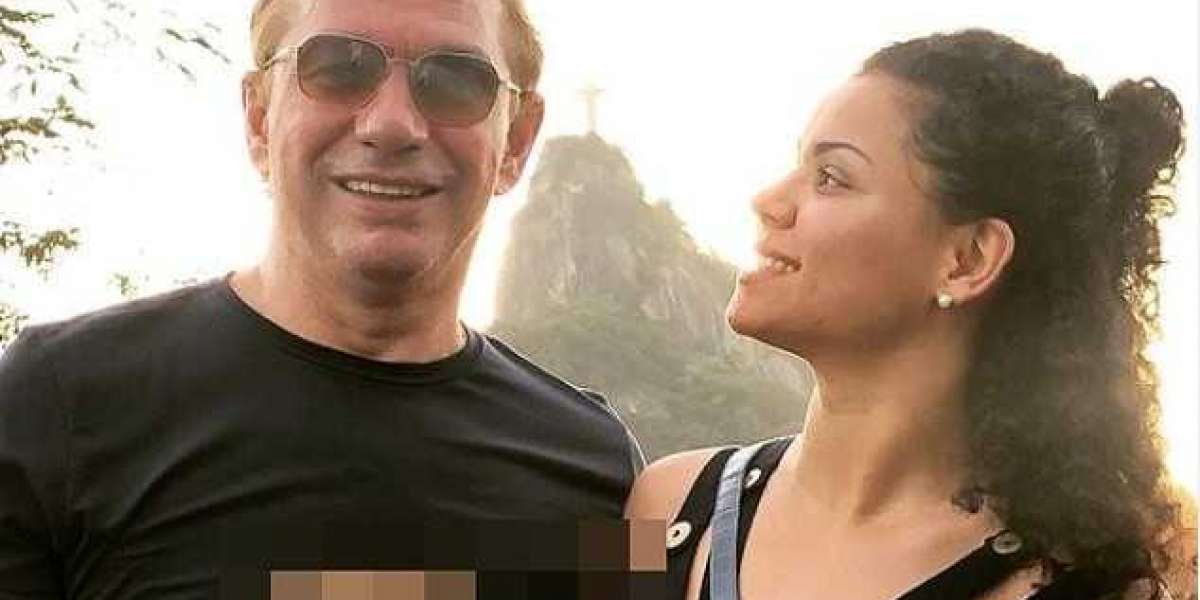Google Doodle is a special, temporary alteration of the logo on Google’s homepages to mark important festivals, holidays, events, achievements, and notable historical figures.
King (Dr.) Chief Oliver De Coque whose real name was Oliver Sunday Akanite was crowned the "Highlife King of Africa."

Born on April 14, in 1947 in the small town of Ezinifite in Anambra State Nigeria, Oliver Sunday Akanite first took up the guitar at a young age, and as a teenager, studied the traditional Igbo music of the region and Congolese soukous.
In 1970, at a performance by the popular Sunny Agaga and his Lucky Star Band, Akanite convinced Sunny to let him stand in as their guitarist; he was hired on the spot, providing a massive boost to his young career. Also a skilled player of the Nigerian board game okwe, Akanite became known as "Oliver de ka Okwe," which he later adapted into his stage name, Oliver de Coque.
De Coque famously infused the modern West African highlife genre with a Congolese-influenced guitar style and the energetic dance elements of Igbo music he grew up with, crafting a unique musical style.
His dance-inspiring "Ogene" style of Nigerian high life, which blends modern high life and traditional Igbo music, has produced such hits as "People's Club of Nigeria","nempi social club", "Biri Ka Mbiri," "Ana Enwe," "Nnukwu Mmanwu," and "Identity," which remained on Radio Nigeria 2's Top Ten throughout most of 1981.
Beginning with his first solo release in 1976, de Coque's music only grew in popularity at home and abroad, as he put out album after album featuring his masterful guitar work and fresh take on African pop–over 70 throughout his lifetime.
In 1994, in recognition of his prodigious music achievement, de Coque was awarded an honorary doctorate in music by the University of New Orleans.
Oliver de Coque died at the age of 61 on June 20, 2008.



